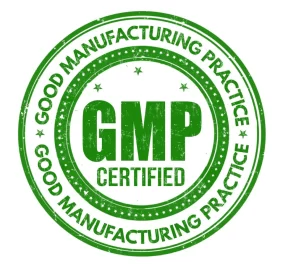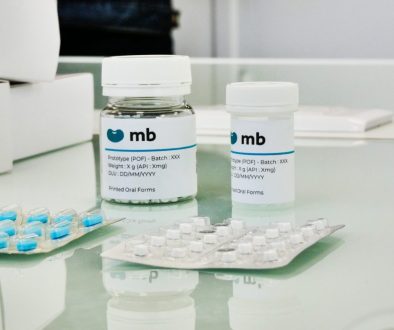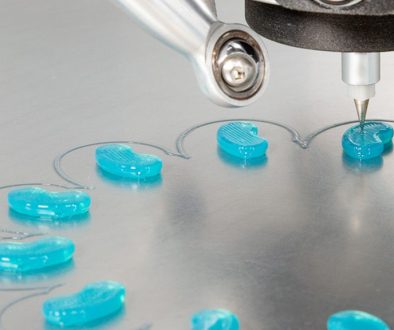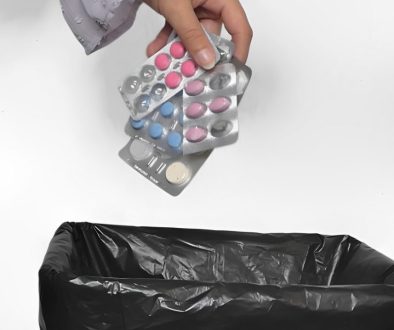Good Manufacturing Practices in the pharmaceutical industry
In the pharmaceutical industry, Good Manufacturing Practices (GMP) are crucial to ensure the quality, safety, and efficacy of medicines. According to the WHO, Good Manufacturing Practices are defined as one of the elements of quality assurance that ensures products are consistently produced and controlled to the quality standards appropriate for their intended use and as required by the marketing authorization.
These standards are designed to ensure that pharmaceutical products meet the strictest regulatory requirements throughout the manufacturing process, from the receipt of raw materials to the distribution of the finished product.
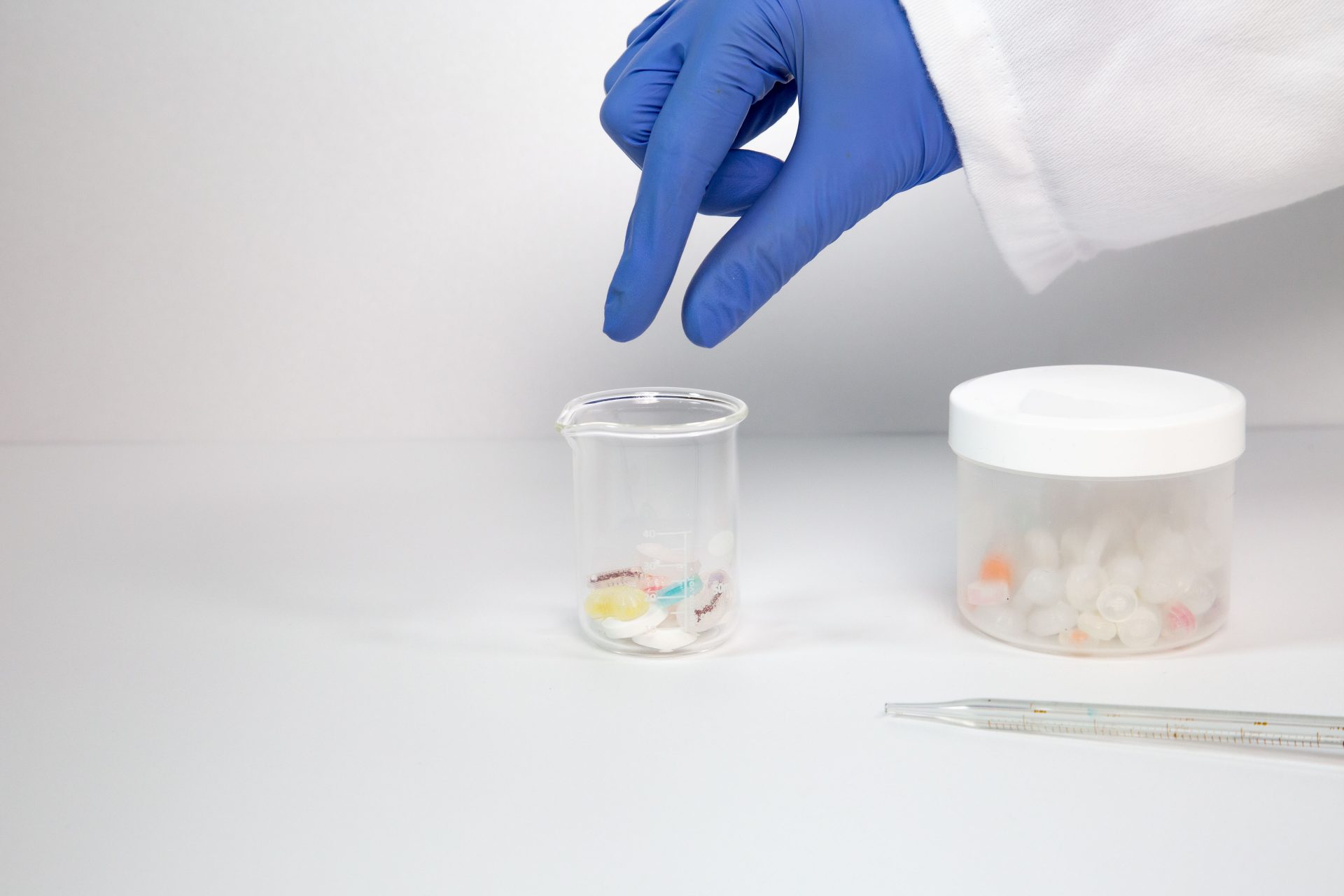
Here’s a summary of the 5 key pillars of GMP in the pharmaceutical industry:
Personnel: All employees involved in manufacturing, quality control, and distribution of medicines must be trained in GMP and aware of its importance in ensuring the quality and safety of pharmaceutical products.
Processes: Pharmaceutical manufacturing processes must be clearly defined and documented with regular monitoring. This includes all steps from raw material receipt to production of finished medicines. Strict protocols are in place to ensure process reproducibility and consistent product quality.
Products: The quality of pharmaceutical products is at the core of GMP. Raw materials used must be of high quality and compliant with standards. Thorough testing is conducted at each stage of the manufacturing process to ensure purity, stability, and efficacy of finished products. Risk management systems are also implemented to identify and mitigate any potential risks to patient health.
Procedures: Manufacturing processes must be designed to minimize the risks of cross-contamination or human errors compared to quality standards. Regular controls are conducted to monitor and continuously improve processes to ensure compliance with GMP and product quality.
Place: Pharmaceutical production facilities must be designed and maintained in accordance with safety and quality standards. This includes equipment maintenance, waste management, contamination control, and monitoring of the production environment. Measures are in place to prevent incidents and ensure worker safety.
These pillars collectively form the foundation for ensuring the consistent quality, safety, and efficacy of pharmaceutical products throughout their lifecycle.
By adhering to the principle of the “5Ps” of GMP, pharmaceutical manufacturers can ensure that the medicines they produce are safe, effective, and compliant with the strictest regulatory standards. This helps to safeguard the health and well-being of patients and strengthen trust in the pharmaceutical industry.
At MB Therapeutics, Good Manufacturing Practices are at the forefront of our priorities. We are the only startup offering an industrial-grade 3D pharmaceutical printer that complies with strict regulations.
